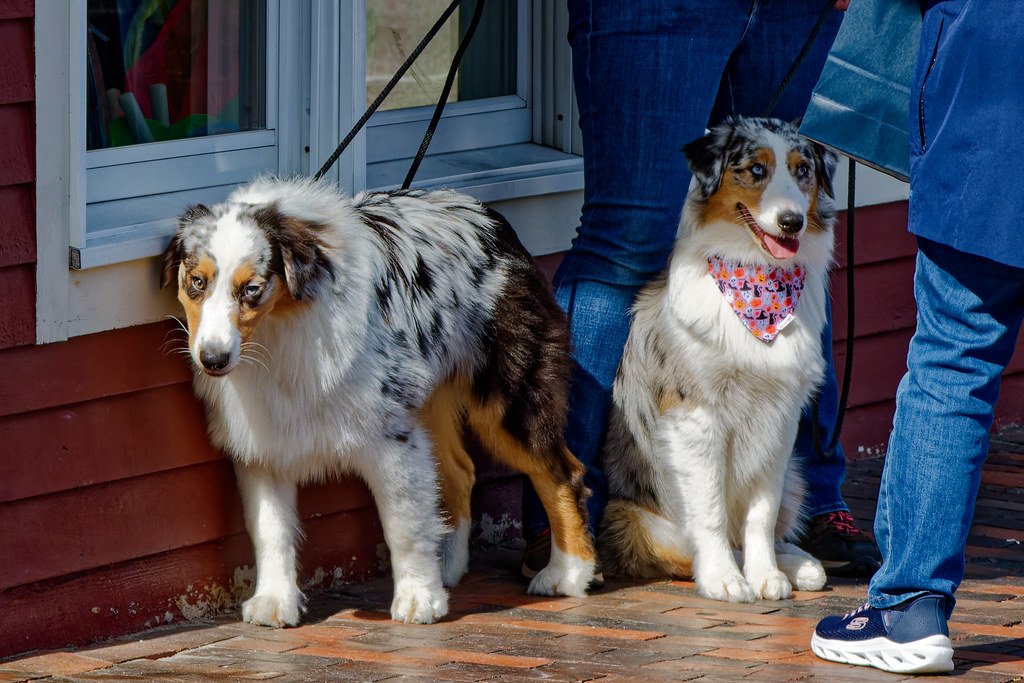Have you ever looked into a dog’s eyes and felt like they could see right through you? For some breeds, that emotional connection isn’t just a fleeting moment—it’s their whole personality. As much as we dream of a loyal, loving companion, certain dogs come with hearts so big and needs so deep, it can take even the most devoted dog lover by surprise. If you’ve ever wondered why some pups seem to need as much emotional care as a toddler (or more), you’re not alone. Vets and trainers alike have seen it all: the separation anxiety, the dramatic greetings, the pleading eyes that say “Don’t leave me!” These dogs are unforgettable, but they’re not for everyone. Let’s walk through the top 10 dog breeds vets say might be just a little too emotionally intense for most folks—and how you can tell if you’re ready for the ride.
Border Collie: The Overachiever with a Sensitive Soul
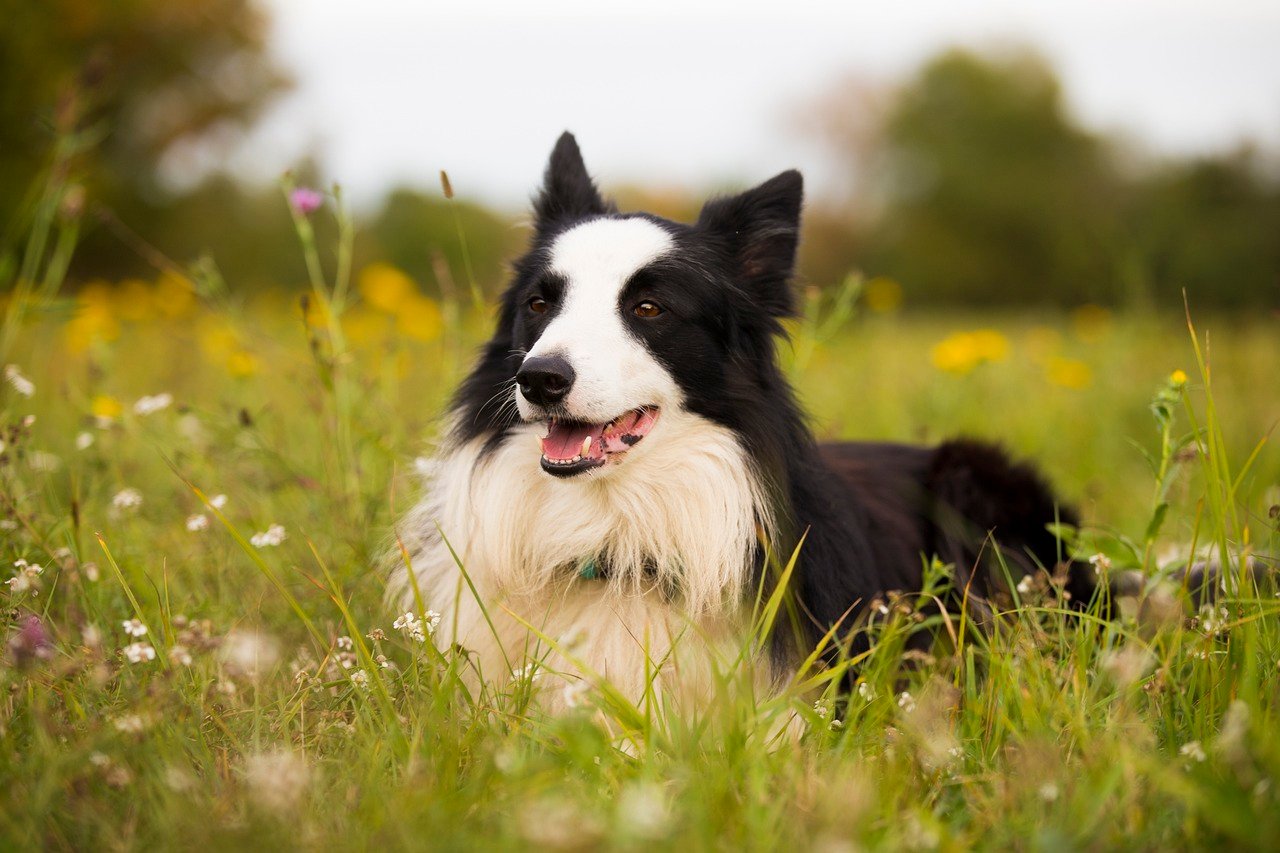
Border Collies are famous for their intelligence and boundless energy, but their emotional needs are just as intense as their herding instincts. These dogs live to work and connect, often becoming deeply attached to their humans. If you leave them alone too long or don’t give them a job, they can spiral into anxiety or destructive behaviors.
In real life, this might look like a Border Collie following you from room to room, watching your every move with laser focus. They thrive on mental stimulation and affection, so they’re happiest with families who can match their enthusiasm and sensitivity. If you’re often away or distracted, this breed might not be the best fit.
German Shepherd: Loyal to a Fault, Sensitive to Change
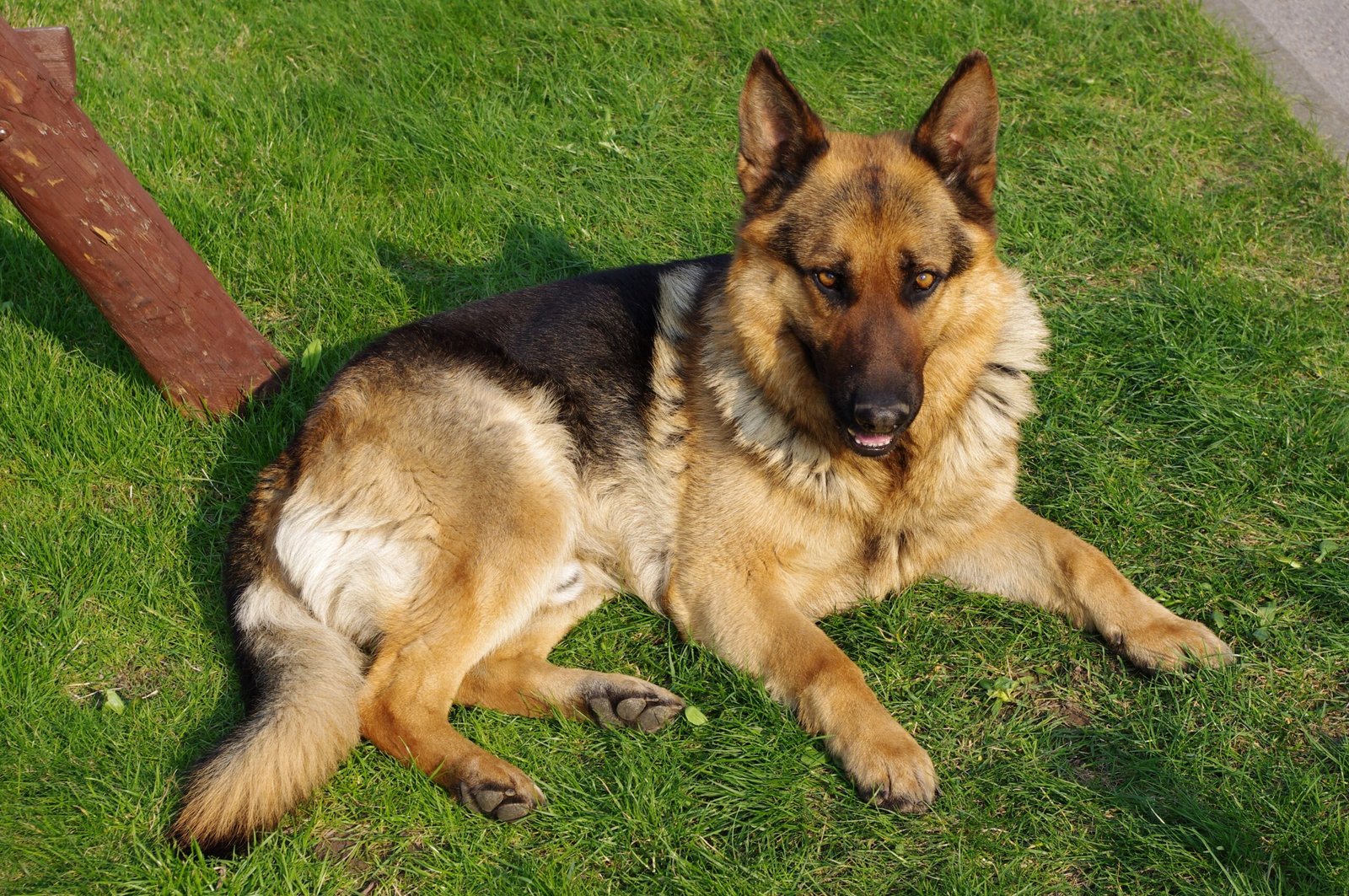
German Shepherds are known for their devotion, but that loyalty can tip into emotional overwhelm. These dogs form tight bonds with their people and can struggle with separation anxiety or stress in chaotic homes. Sudden changes—like moving or a new family member—can leave them unsettled.
You’ll notice a German Shepherd’s emotional intensity in their vigilant stares and constant shadowing. They often need reassurance and clear direction. If they sense tension in the household, they’ll mirror it right back. Owners should provide structure, patience, and lots of gentle guidance to help them feel secure.
Labrador Retriever: The Social Butterfly Who Feels Everything
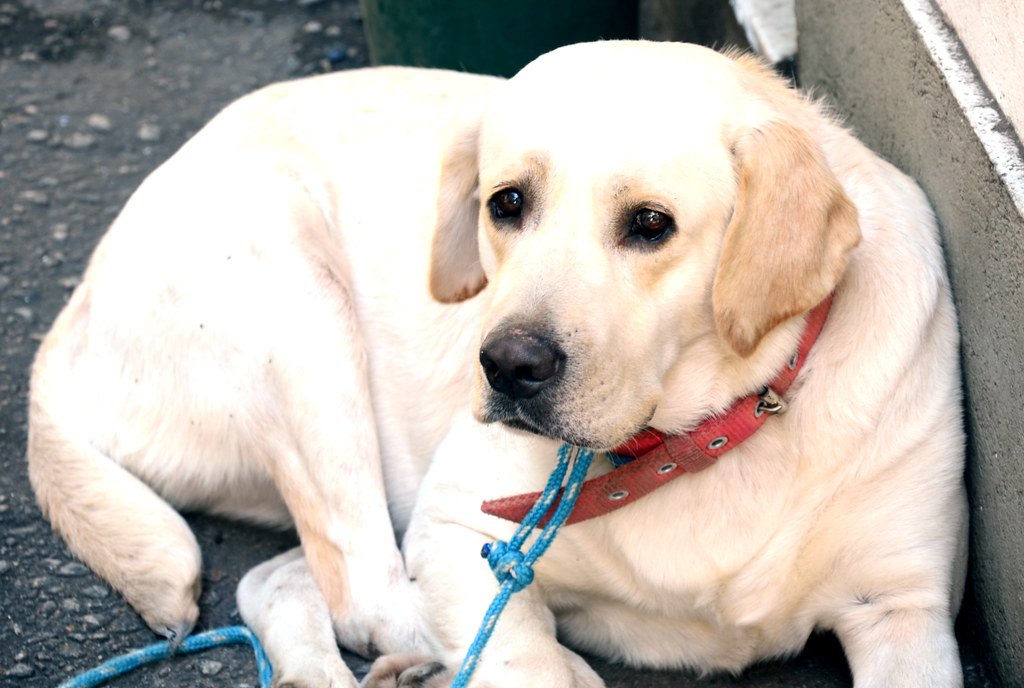
Labs are beloved for their friendly, affectionate nature, but they’re also sensitive souls who crave connection. A bored or lonely Lab can become destructive, chewing shoes or digging holes as a cry for attention. They just want to be where the action is—all the time.
If you’re someone who works long hours or travels frequently, a Lab might struggle. These dogs read their owners’ moods like a book and can become anxious if left out of family activities. Regular play, cuddles, and inclusion help keep their big hearts happy and healthy.
Australian Shepherd: The Emotional Athlete
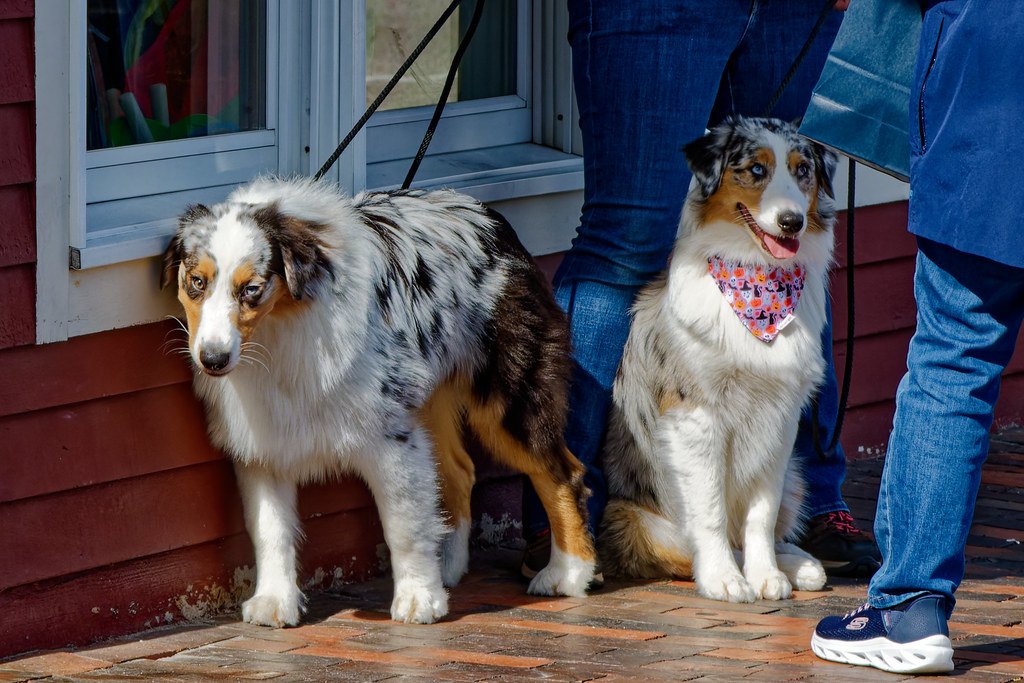
Australian Shepherds bring high energy and high emotion to the table. They’re brilliant problem-solvers with a strong desire to please, but they also form intense attachments. Without enough mental and physical outlets, they can become frustrated or anxious.
Aussies often show their stress by pacing, barking, or trying to herd children and other pets. If you’re active and love being outdoors, you’ll find a wonderful companion in this breed. But if you prefer a laid-back lifestyle, their emotional demands may feel overwhelming.
Cavalier King Charles Spaniel: The Velcro Companion

Don’t let their size fool you—Cavaliers have giant hearts and a serious need for closeness. These lapdogs thrive on being near their people and can become depressed or anxious if left alone too much. They’re often called “Velcro dogs” because they want to stick to you wherever you go.
In daily life, you’ll notice a Cavalier watching your every move, eager to snuggle or follow you from room to room. They’re prone to separation anxiety, so gentle routines and gradual alone-time training are essential for their well-being.
Vizsla: The Sensitive Shadow

Vizslas are sleek, athletic, and surprisingly soft-hearted. These dogs bond deeply with their families and are easily rattled by harsh words, loud noises, or sudden changes. A Vizsla left alone too long can become anxious, leading to whining, pacing, or even destructive chewing.
In a loving, active home, they’re affectionate and loyal—often curling up right next to you on the couch. But they need gentle handling and consistent routines. If you’re looking for a low-maintenance or independent pet, a Vizsla might be too emotionally demanding.
Siberian Husky: The Drama King (or Queen)
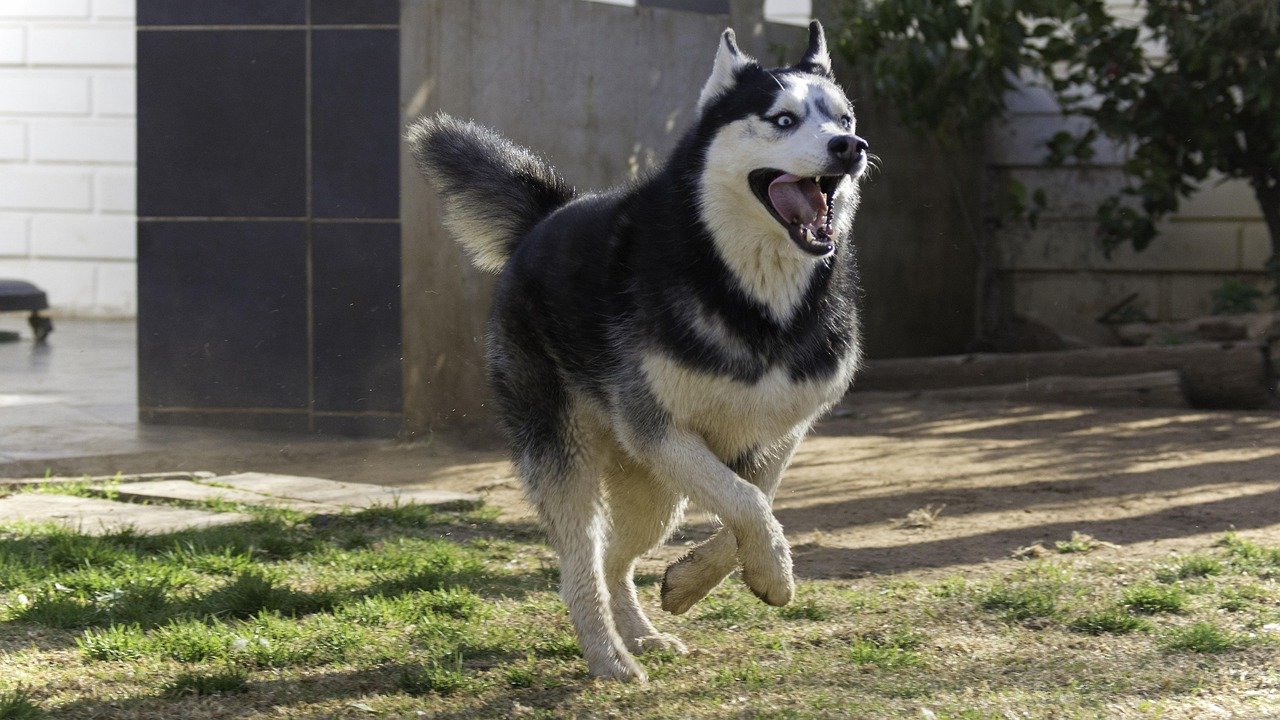
Huskies are well-known for their vocal personalities and emotional expressiveness. They’ll “talk” to you with howls, whines, and hilarious grumbles, making sure you know exactly how they feel (and when they’re bored). But this emotional intensity can get them into trouble.
A Husky that feels ignored or restrained can become an escape artist or act out with destructive behaviors. They need lots of exercise, mental challenges, and patient owners who can handle their stubborn streaks. If you’re drawn to their wild spirit, be prepared for the emotional rollercoaster that comes with it.
Boxer: The Boisterous Clown with a Soft Heart
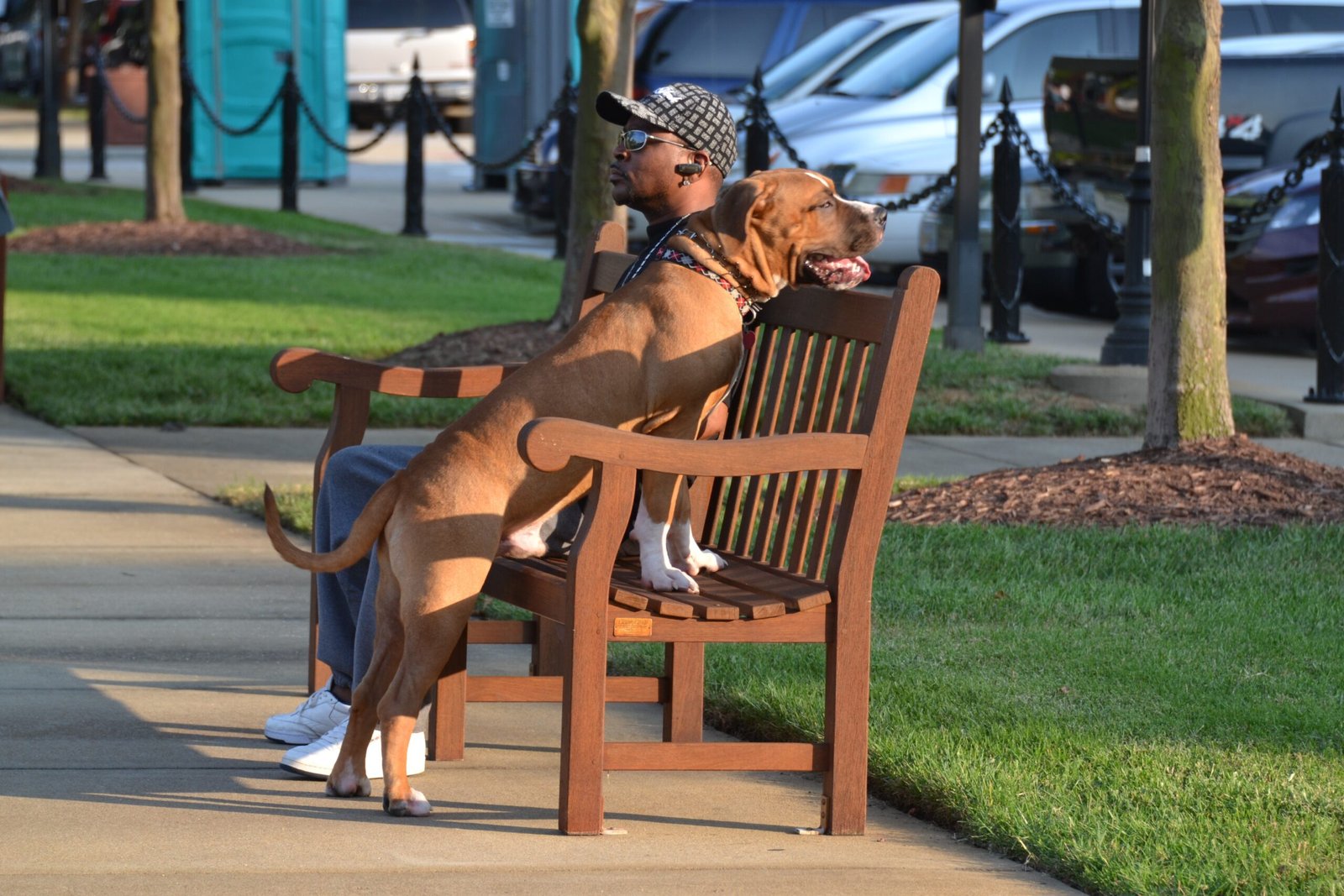
Boxers are playful, goofy, and full of love—but their emotional needs run deep. They crave attention and can become anxious or even depressed if left alone or ignored. Their expressive faces make their feelings impossible to miss.
A Boxer’s ideal home is full of laughter and activity, with people who enjoy interactive play and affection. They’re especially sensitive to scolding or harsh treatment, so positive reinforcement works best. If you’re away a lot or prefer a quieter home, a Boxer’s big feelings might be too much to handle.
Papillon: The Tiny Dog with a Big Heart
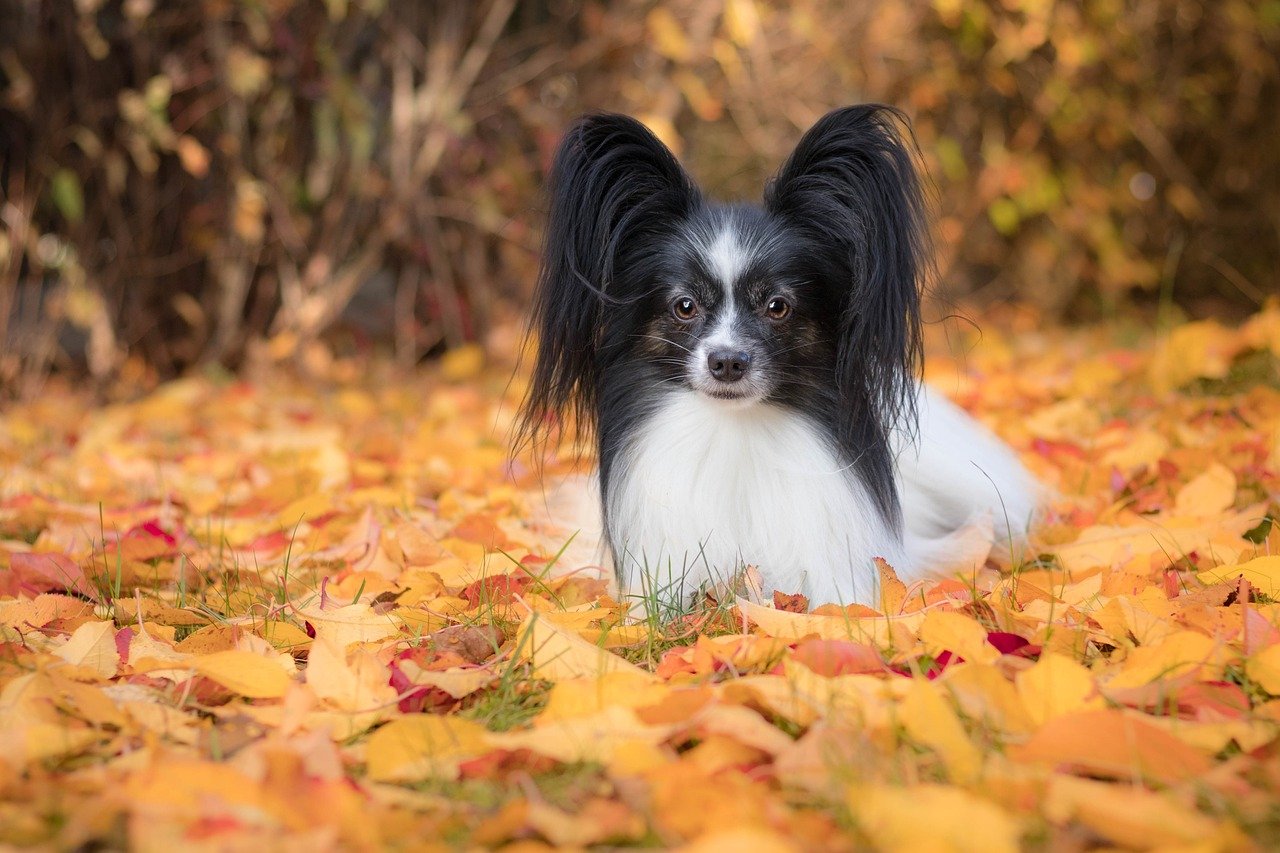
Papillons may be small, but they pack a lot of emotion into their compact frames. These dogs are alert, curious, and intensely bonded to their owners. Changes in routine or being left alone can leave them stressed or prone to barking.
They’re happiest with attentive families who include them in daily life and provide intellectual stimulation. If you’re looking for a low-key lap dog, a Papillon’s high spirits and emotional needs might catch you off guard.
Dalmatian: The Sensitive Spotty Star
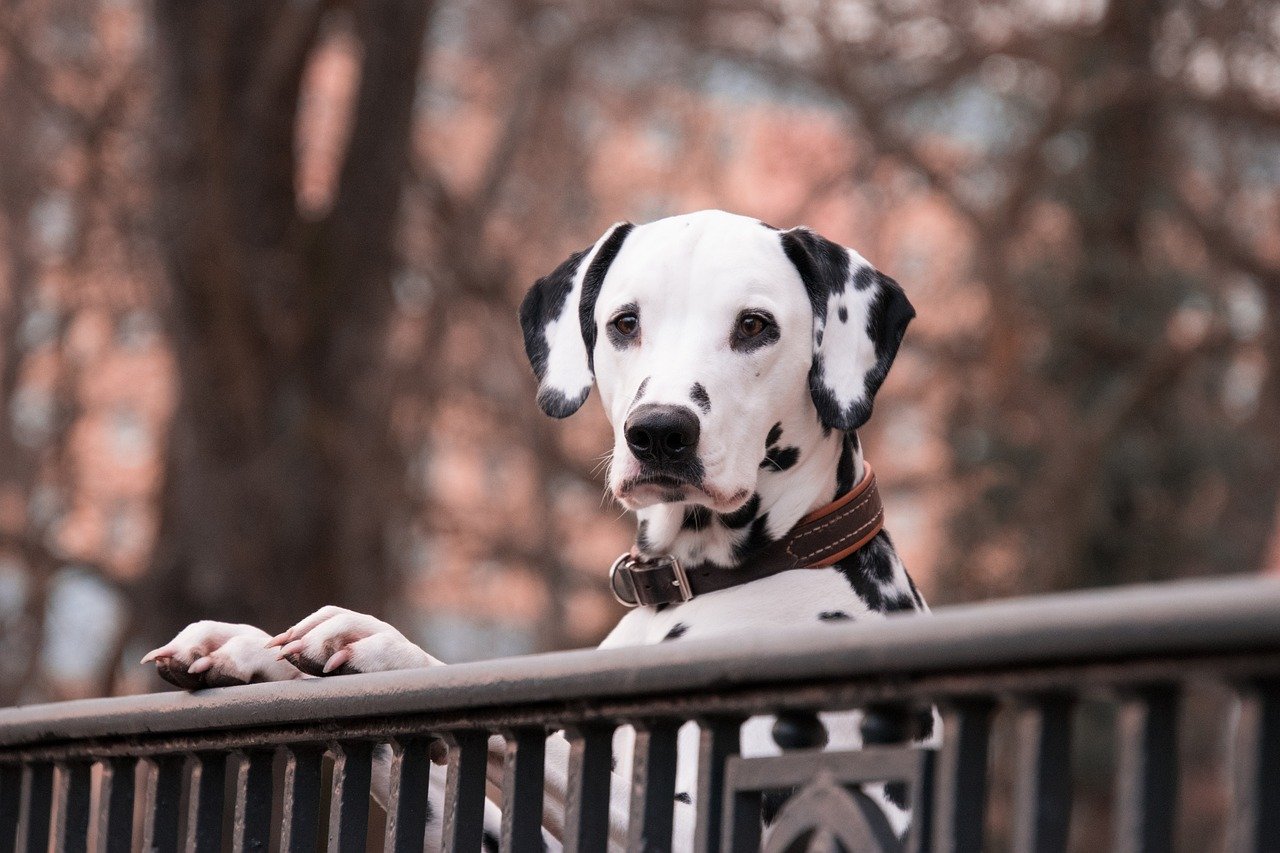
Dalmatians are famous for their striking looks, but their emotional needs are just as memorable. These dogs are sensitive to their surroundings and can become anxious if they’re not getting enough attention, exercise, or mental challenges.
You might notice a Dalmatian acting out with hyperactivity or stubbornness when they feel neglected. Their ideal home is active, structured, and loving. If you’re not ready for their level of emotional investment, this breed can be more challenging than their pretty spots suggest.

